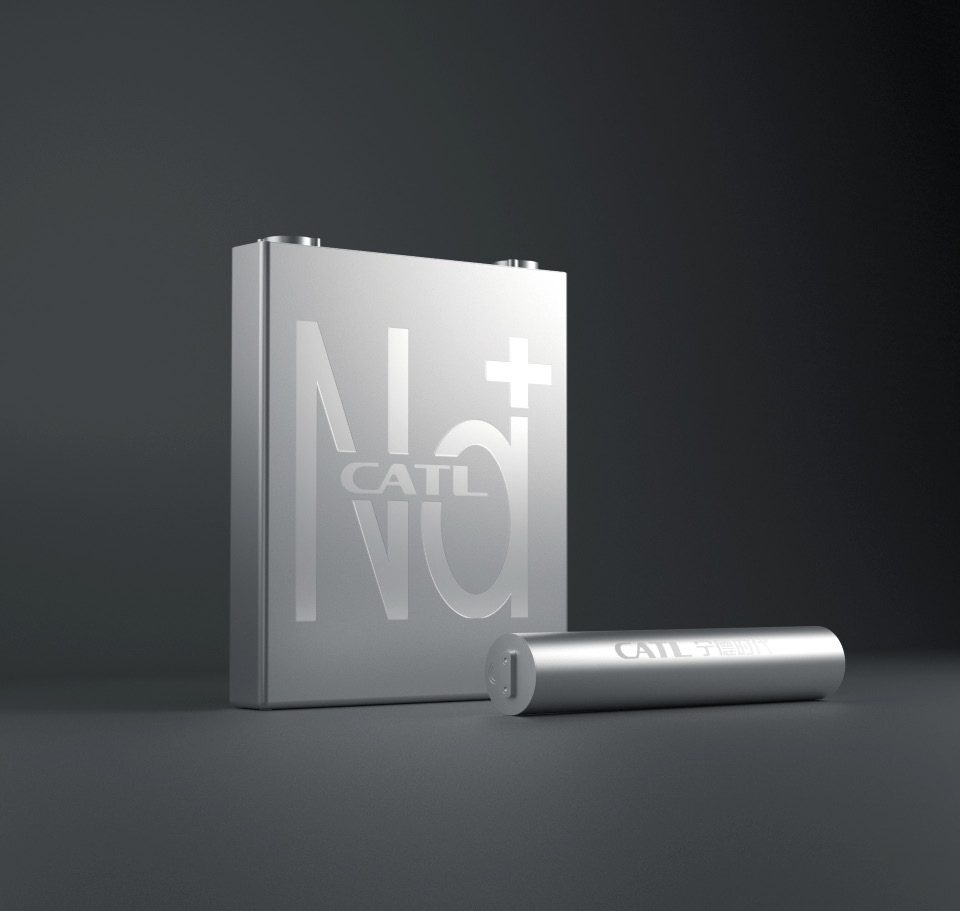From ESS News
While lithium-ion batteries keep getting cheaper, making it difficult for alternative technologies to catch up on cost and scale, Chinese battery industry heavyweights are actively developing their sodium-ion products.
On November 18, CATL announced its second-generation sodium battery. Addressing the World Young Scientists Summit, chief scientist Wu Kai said the new battery will be launched next year – four years after the release of CATL’s first sodium-ion battery in 2021. The first generation had an energy density of 160 Wh/kg, while the next one is expected to exceed 200 Wh/kg. Mass production of the new product is not expected before 2027.
In 2023, CATL said Chinese automaker Chery would be the first to use its sodium-ion batteries. Last month, it unveiled its Freevoy hybrid battery pack, which combines sodium-ion batteries and lithium-ion batteries and is specifically designed for extended-range electric vehicles and plug-in hybrids, with a range of over 400 kilometers and 4C superfast charging. The new design leverages sodium-ion’s superior low-temperature performance to enable discharge capability in extreme cold environments down to -40 degrees Celsius and charging capability down to -30 degrees Celsius.
To continue reading, please visit our ESS News website.
This content is protected by copyright and may not be reused. If you want to cooperate with us and would like to reuse some of our content, please contact: editors@pv-magazine.com.









By submitting this form you agree to pv magazine using your data for the purposes of publishing your comment.
Your personal data will only be disclosed or otherwise transmitted to third parties for the purposes of spam filtering or if this is necessary for technical maintenance of the website. Any other transfer to third parties will not take place unless this is justified on the basis of applicable data protection regulations or if pv magazine is legally obliged to do so.
You may revoke this consent at any time with effect for the future, in which case your personal data will be deleted immediately. Otherwise, your data will be deleted if pv magazine has processed your request or the purpose of data storage is fulfilled.
Further information on data privacy can be found in our Data Protection Policy.